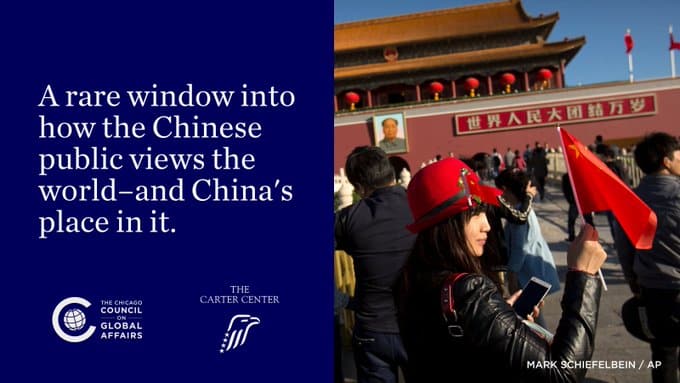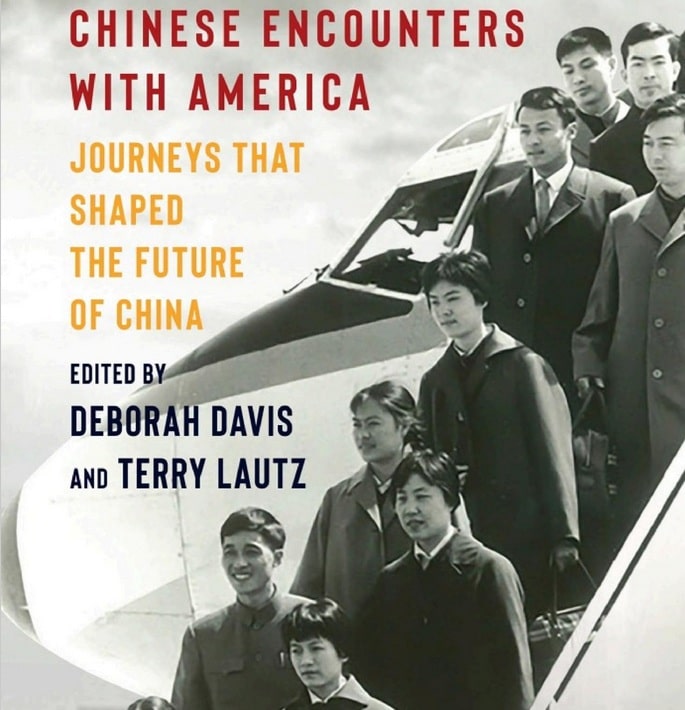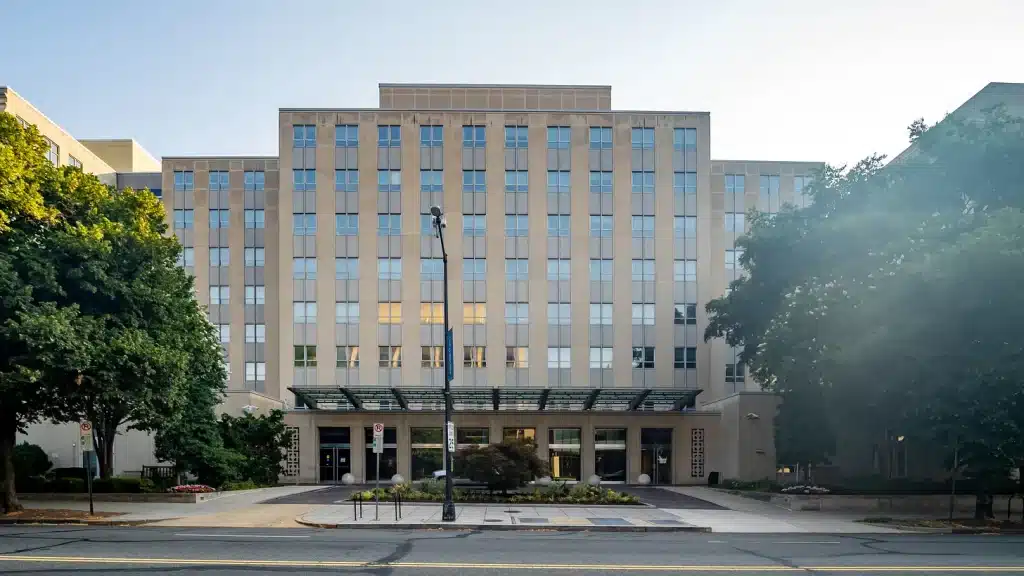The U.S. Presidential Election & its Impact on US-China Relations
On August 25th, 2016, the Carter Center’s China Program and the Georgia China Alliance cohosted “U.S.-China Relations: After the 2016 Presidential Election.” This was a dialogue regarding multiple dimensions of U.S.-China relations and how they may change depending on the direction of the election this year. The speakers were Dr. Yawei Liu, Director of the Carter Center’s China Program, Dr. John Garver, Professor Emeritus of the Sam Nunn School of International Affairs at Georgia Tech, and Dr. Alan Abramowitz, Professor of Political Science at Emory University. Christopher Chan opened the event, acting as moderator and emphasizing that US-China relations will be one of the world’s most consequential relationships during the 21st Century. This relationship will have huge ramifications for peace and stability in Asia and the world. The outcome of the U.S. presidential election will impact the direction of the relationship, and the dialogue was opened to ponder how the rest of the election will unfold.
Dr. Abramowitz, who is famous for predicting every US presidential election correctly since 1988, stated that Hillary Clinton is winning the national popular vote by 5-8%. Additionally, there is a 50% chance that Democrats will take the Senate. The most likely outcome is that we will have a Democratic President in a Republican House, resulting in gridlock.
Dr. Garver went on to discuss how the only points Trump has discussed about China and East Asia in general are related to putting America first. All of his policies are likened to the US isolationist policies of the 1920s, threatening the status quo bi-partisan consensus on China and East Asian policy. Garver believes a Trump presidency is unlikely, but that it would undermine US engagement and deterrence of China. The politburo would believe Trump wants to destroy the Chinese Communist Party. The confrontation would force East Asian states to choose sides between US and China. His policies with Japanese rearmament pose more problems with insecurity for China as well.
Dr. Liu followed with a dialogue displaying how Hillary Clinton has experience dealing with China dating back to 1995 during the 4th UN World Conference on Women. Her perception of China has been shaped by her experiences. She has met with past and current leaders, efficiently managed the Chongqing police chief crisis, during which a police chief attempted to seek asylum with the US, and managed another asylum crisis, during which a blind lawyer snuck into the US embassy. She understands Chinese politics and culture, has a team of advisors for China, is very pro-business, and is comparatively more willing to create peace and end issues like terrorism.
These were the main points of the three speakers during the dialogue, but they went on with answers to various issues and questions that arose. Dr. Abramowitz believes that the trade deficit and currency manipulation are two legitimate concerns of Trump regarding China, but the means he wishes to use to solve them are wrong. Garver additionally noted that China started drawing out its sea territory in 2008, dealing with neighboring countries similar to the US with the Monroe Doctrine. China wants to become a world power that is equal to the US, but the US is having a hard time coming to terms with this. A big question for this would be whether China will challenge US power in the 21st century like Germany did during the 20th century.
Dr. Liu believes China is more domestically focused. He states that there are many voices in China and that China has benefitted too much from globalization to want to break it. He believes there will be no war, and that China is too connected with the US, as opposed to Russia, to form a coalition against the US. Dr. Garver responded by highlighting that China would want to drive a wedge between the US and its East Asian allies, and wage war against the Philippines and Japan if tensions arose. Garver believes that the Chinese Communist Party uses nationalist rhetoric to retain power, using so much that it creates a problem of escalation.
The audience inundated the panelists with questions, and everyone left with no consensus except that managing the bilateral relationship between the U.S. and China will be one of the toughest challenges for the next president of the U.S.
By Kevin Sonukan








